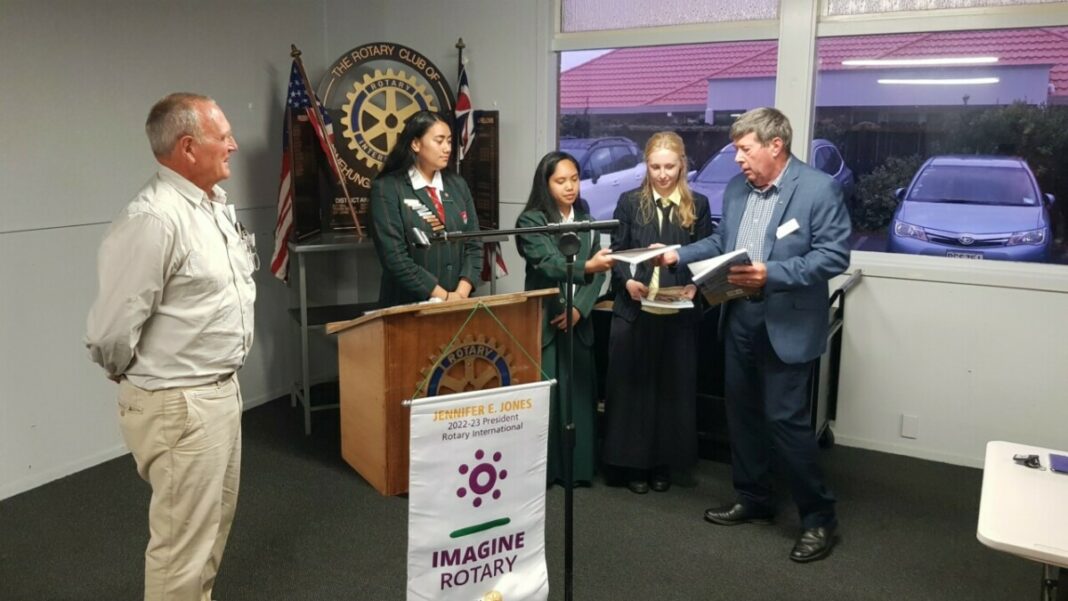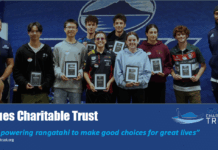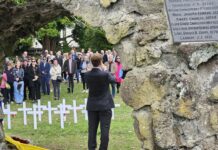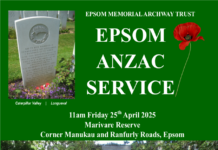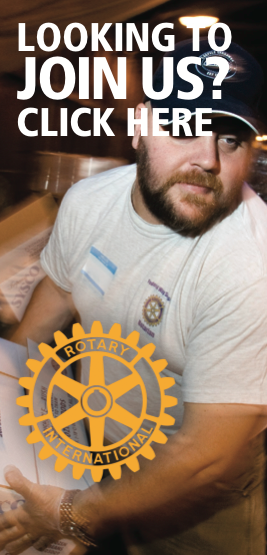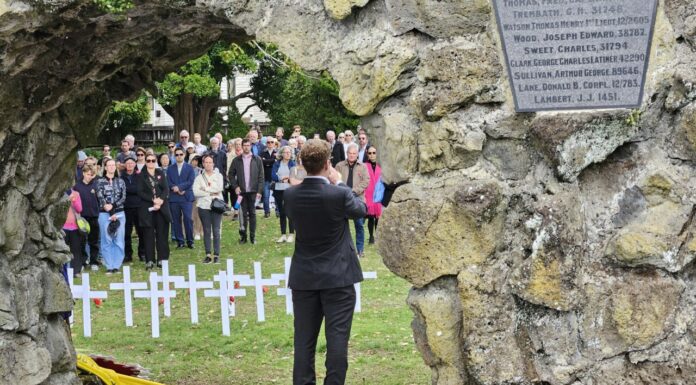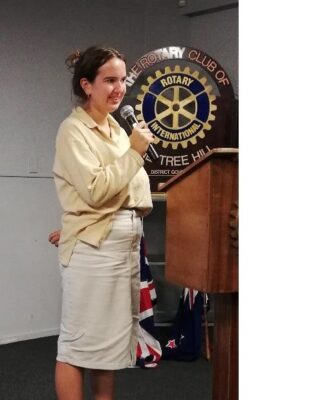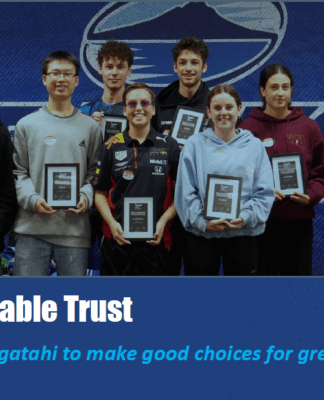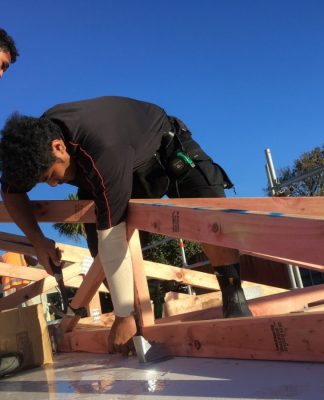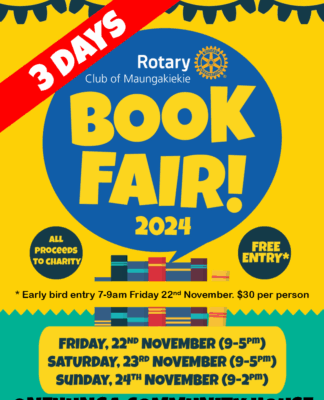Barry introduced the three 17-yr old students who are in their final year at High School. The original five applicants were interviewed by club members George Arulanantham, Derek Neutze, Bill Grayson and Barry Stafford. The final three, here tonight, were selected by the Forum Administrator and his team. The club part funded each student with a $1,500 donation that went towards the $2,195 two-week course fee for accommodation and meals.
All three thanked the club very much for sponsoring them and related their experiences to club members. After their speeches, Barry presented each student with a copy of the book Onehunga’s Changing Foreshore written by Stephen Lasham and sponsored by our club.
A summary of the student presentation follows:
Katrice didn’t know what to expect from the two-weeks and was a little apprehensive but said it did sounded like a good opportunity to learn something.
She said she felt well at ease during the interview with club members who “saw me as an individual”. Looking forward to her first day at Uni, Katrice found she was the first to arrive.
Three years ago, the thought of going to Uni was scary but during the course was sparked by a willingness to learn. Initially, Katrice said, that while she felt outside of her comfort zone, she did feel comfortable nonetheless and for the fist time felt she “was enough”. Katrice said she learnt it is OK to fail whereas before she was afraid of failure and now is willing to challenge herself more..
Katrice introduced club members to a word association game. The word was “blood” and over 2-minutes members had to write down the sequence of images the word bought to mind. Three members were asked what they wrote:
- Barry: Blood (5-6 words) blood banks
- ??: Blood …… nurse
- Noel: Blood …… survive
- (Ed): Blood …… many colours
Everyone came up with a difference sequence of words and the lesson learnt being “everyone thinks differently”.
Katrice added some more lessons she learnt:
- Nobody can define what you can and can’t do.
- It isn’t a question of whether you can or can’t do it, but whether you’re willing to put in the work, be brave enough to overcome adversity and resilient enough to block out the voices that say you can’t.
- When you find joy in something, never let it go.
Natasha has a curious nature and a thirst for knowledge and enjoys maths and science.
She’d love to be the first person to cure cancer or invent a robot that can perform heart surgery so people can get the absolute most out of life.
At the start of the Uni course students were formed into teams where a lot of bonding occurred especially during the volleyball competitions.
Natasha learned not to put too much pressure on herself. She really enjoyed the lectures on Artificial Intelligence (AI) and during the chemistry lecture she learnt one only really learns from doing things wrong then correcting them. Other activities the did ranged from lifting finger prints, obtaining DNA from fruit, to participating in a “Dragon’s Den” where their team had to come up with a concept to increase the Auckland city speed limit to 60-70km/hr – considered the most fuel efficient speed for a motor car. They also made cottage cheese which they had to consume and got to look close up at bacteria. Unfortunately (and fortunately) on the final day Natasha caught COVID.
Natasha found she gained a much better idea of the direction she wants her studies to go and paid special tribute to the Post Grad students there who were very good and made everything that much more interesting.
Kaydence from the “Blue Team” said, “During my school studies, I found that very few students studied both Psychology and Statistics, and even fewer were of Pacific descent. This alone was enough motivation for me to contribute to the growing representation of Pacific students, and to open opportunities to support Pacific communities in my chosen fields.”
During the course they all had to get up at 5 a.m. for the morning fitness programme which came as a bit of a shock to many as they were pushed to complete the courses.
University was not what Kaydence was expecting and sitting in on lectures was very eye opening. The Advisors there were very energetic, supportive, and provided much encouragement.
Kaydence initially didn’t have much interested in biology or AI technology but during the two weeks became much more aware of each subject and was amazed at how much the world already uses AI today.

